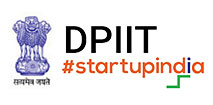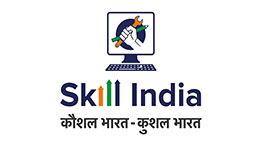Big data management is the collection, organization and management of large capacity of both organized and unorganized data. The objective of big data management is to make sure the quality and accessibility of data for business intelligence functions seamless. Firms, government organizations and other areas of various sectors utilize big data management strategies to keep up with fast-growing sea of data, typically many terabytes or even petabytes of information. Effective implementation helps companies to locate important information in the pool of cluttered and unstructured data. Big data also represents a trend in technology that is steering the success of a new approach in making strategic decisions. These successful strategies and planed decisions would have been impossible with basic capability of database and warehouse management tools.
Big data is analyzed primarily for better business and strategic decisions in the following areas of work-
The following are few steps from global IT association ISACA that will help in maximizing in business escalation with the help of big data.
Cloud is the latest option in the storage and use of data. Cloud storage is a data storage method in which the digital data is stored in logical pools, the physical storage consists of multiple servers (and often locations), and the physical environment is typically owned and managed by a hosting company.
The number of organisations maintaining competitive advantage through cloud implementation has grown exponentially in the last few years and by 2017, the public cloud service market is predicted to exceed $244 billion globally. According to a report by Gartner (A leading information technology research and advisory firm), cloud computing will establish a major share of IT spending by end of 2016. In India alone, it is predicted that the cloud market will reach over $3 billion, almost five-fold increase from 2012. For India it has a direct beneficial effect for SMBs- small to medium sized businesses, the frame that employs 40% of the workforce and is growing at a rate of 8% per year. Big data should be a revenue-enhancing asset than a threat liability. Organisations must take a good look at their big data opportunity and take steps to manage and manipulate the growing data within the organisation.








